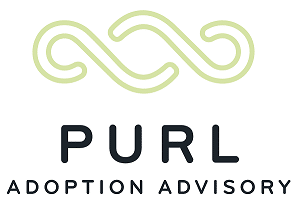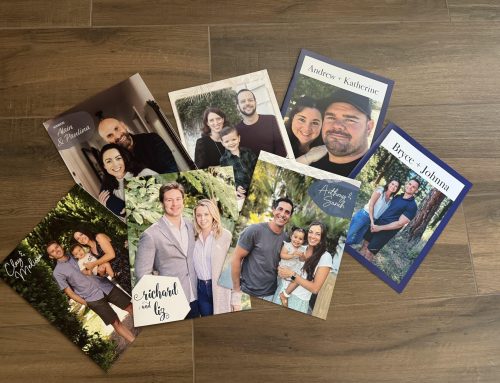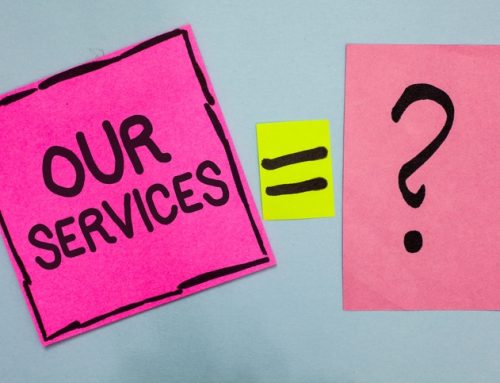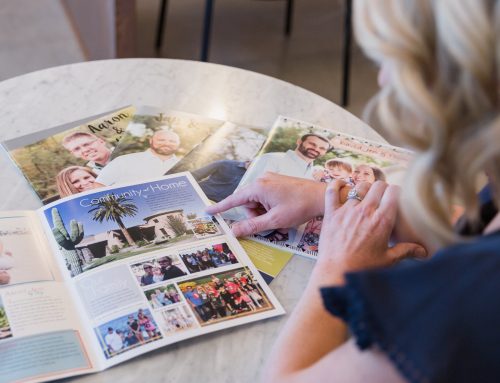
Our writer today is Emily, Purl’s Administrative Assistant and a transracial adoptee. She shares her perspective as an adoptee to help adoptive parents and prospective adoptive parents understand arguably one of the most important voices in the adoption triad (see her initial post here and her post about why she’s Proud to be Adopted). Keep in mind that all adoptions are different, there are both positive and negative stories of adoption from adoptees. Today she shares with us her perspective to educate adoptive parents to embrace the curiosity of their child through adoption.
—
As an adoptee within a closed adoption, when I talk openly about the curiosity I have about where I come from, I often get asked questions like “Why do you want to find your birth family? Isn’t the family you have good enough?”. The answer to this question is yes, of course they are – but (at least in my case) the rest of my family knows where they come from; knows which parent they get their features from; knows about their backgrounds and their lineage, but I don’t. I’ve never even seen a picture of someone with any type of resemblance to me. And although I couldn’t ask for a better family and better parents, I still find myself drowning in curiosity every day (see my post about my thoughts on search and reunification).
I wasn’t always so open about this curiosity, not until recently. I used to be afraid of how my parents would feel if I started asking questions about my birth family. Would my parents be hurt that I’m thinking about them? Would they be angry? Would they think they aren’t good parents or that I don’t love them? These thoughts kept me from speaking up and did so for a majority of my life. It wasn’t until I turned 18 that I started asking questions, and to my surprise, my parents were extremely supportive. I have been holding on to all these feelings that I finally realized I could express to them, and they were not hurt, or angry, or sad. We talked about it and decided together that we would look into getting me some answers to tame my curiosity. Although I am still unsure if I want to reach out to my birth family, it brings me peace knowing that my parents will support me in my journey no matter what. Before talking to my parents about how I had been feeling, I held in a lot of emotions that I wasn’t quite sure how to deal with. I would make myself feel guilty for thinking and wondering about my birth family. I can’t even begin to explain the relief I felt opening up to my parents. They made me feel seen and heard, and they understood that my adoption story will be a part of my life forever. For that one reason, it is so important to embrace your child’s curiosity about their adoption and birth parents. It doesn’t mean they love you any less, or that they think of you as bad parents. It just means that they are human and want to learn more about where they come from, and how they came to be in this world.
Advice I’d Give Adoptive Parents:
There aren’t many closed adoptions these days, but they still do exist. I can in no way speak for other adoptees and on other adoption situations because each case is different, but here’s some advice I would offer adoptive parents about embracing the curiosity of your child through adoption:
- If adopting from birth – don’t wait to tell your child that they’re adopted. Be open with them about how they came to join your family and their backgrounds. My parents bought me a book called “Tell Me Again About the Night I Was Born – Jamie Lee Curtis” that they would read to me at bedtime – It helped me make connections with my own adoption story and helped me to understand it better (for some more books and resources to help introduce children to the idea of adoption, see my post about teaching diversity at a young age).
- Transracial adoptees will start to notice differences in their physical appearance quickly as they get older. It’s important to acknowledge these differences and allow them to ask questions about why they look different than you. Purl also recommends families of transracial adoptees do work to make sure their child grows up around people who look like them.
- Let them know that their feelings are valid and give them opportunities to talk about feelings surrounding their adoption. In my experience, I assumed that my parents didn’t want to hear about how I was feeling about my adoption, so I didn’t say anything. My advice is to let your child know they can talk to you before they have a chance to assume that they can’t (this isn’t strictly for adoptees; this is important for any parent-child relationship). Also, don’t assume that just because they aren’t talking about it doesn’t mean they aren’t thinking about it! As their parent, you may be the one that needs to bring it up and make it clear to them they can feel comfortable talking about their curiosity.

Our writer today is Emily, Purl’s Administrative Assistant and a transracial adoptee. She shares her perspective as an adoptee to help adoptive parents and prospective adoptive parents understand arguably one of the most important voices in the adoption triad (see her initial post here and her post about why she’s Proud to be Adopted). Keep in mind that all adoptions are different, there are both positive and negative stories of adoption from adoptees. Today she shares with us her perspective to educate adoptive parents to embrace the curiosity of their child through adoption.
—
As an adoptee within a closed adoption, when I talk openly about the curiosity I have about where I come from, I often get asked questions like “Why do you want to find your birth family? Isn’t the family you have good enough?”. The answer to this question is yes, of course they are – but (at least in my case) the rest of my family knows where they come from; knows which parent they get their features from; knows about their backgrounds and their lineage, but I don’t. I’ve never even seen a picture of someone with any type of resemblance to me. And although I couldn’t ask for a better family and better parents, I still find myself drowning in curiosity every day (see my post about my thoughts on search and reunification).
I wasn’t always so open about this curiosity, not until recently. I used to be afraid of how my parents would feel if I started asking questions about my birth family. Would my parents be hurt that I’m thinking about them? Would they be angry? Would they think they aren’t good parents or that I don’t love them? These thoughts kept me from speaking up and did so for a majority of my life. It wasn’t until I turned 18 that I started asking questions, and to my surprise, my parents were extremely supportive. I have been holding on to all these feelings that I finally realized I could express to them, and they were not hurt, or angry, or sad. We talked about it and decided together that we would look into getting me some answers to tame my curiosity. Although I am still unsure if I want to reach out to my birth family, it brings me peace knowing that my parents will support me in my journey no matter what. Before talking to my parents about how I had been feeling, I held in a lot of emotions that I wasn’t quite sure how to deal with. I would make myself feel guilty for thinking and wondering about my birth family. I can’t even begin to explain the relief I felt opening up to my parents. They made me feel seen and heard, and they understood that my adoption story will be a part of my life forever. For that one reason, it is so important to embrace your child’s curiosity about their adoption and birth parents. It doesn’t mean they love you any less, or that they think of you as bad parents. It just means that they are human and want to learn more about where they come from, and how they came to be in this world.
Advice I’d Give Adoptive Parents:
There aren’t many closed adoptions these days, but they still do exist. I can in no way speak for other adoptees and on other adoption situations because each case is different, but here’s some advice I would offer adoptive parents about embracing the curiosity of your child through adoption:
- If adopting from birth – don’t wait to tell your child that they’re adopted. Be open with them about how they came to join your family and their backgrounds. My parents bought me a book called “Tell Me Again About the Night I Was Born – Jamie Lee Curtis” that they would read to me at bedtime – It helped me make connections with my own adoption story and helped me to understand it better (for some more books and resources to help introduce children to the idea of adoption, see my post about teaching diversity at a young age).
- Transracial adoptees will start to notice differences in their physical appearance quickly as they get older. It’s important to acknowledge these differences and allow them to ask questions about why they look different than you. Purl also recommends families of transracial adoptees do work to make sure their child grows up around people who look like them.
- Let them know that their feelings are valid and give them opportunities to talk about feelings surrounding their adoption. In my experience, I assumed that my parents didn’t want to hear about how I was feeling about my adoption, so I didn’t say anything. My advice is to let your child know they can talk to you before they have a chance to assume that they can’t (this isn’t strictly for adoptees; this is important for any parent-child relationship). Also, don’t assume that just because they aren’t talking about it doesn’t mean they aren’t thinking about it! As their parent, you may be the one that needs to bring it up and make it clear to them they can feel comfortable talking about their curiosity.



